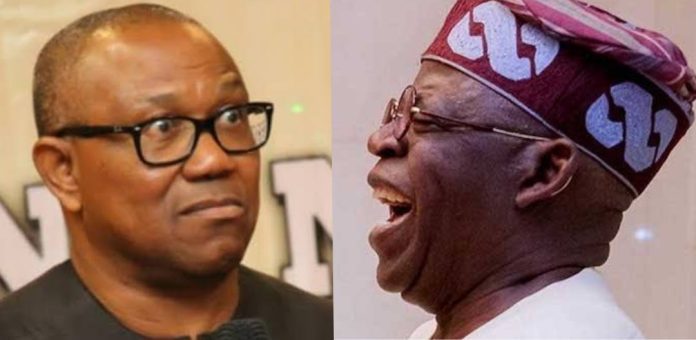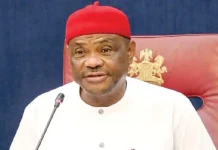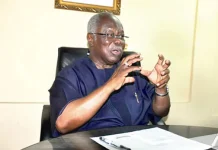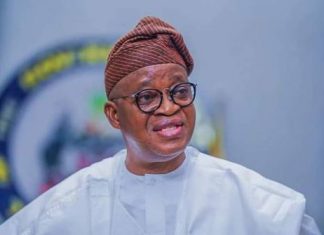The Independent National Electoral Commission (INEC), according to Labour Party (LP) presidential candidate Mr. Peter Obi, compromised its neutrality as an election umpire by rigging the results of the presidential election on February 25 in favor of the All Progressives Congress (APC) and its candidate, Bola Ahmed Tinubu.
In his response to INEC’s preliminary objections and reply to his petition, Obi claimed that the Commission’s assertion that his petition and the reliefs it sought before the Presidential Election Petition Tribunal (PEPT) were ambiguous, imprecise, and ungrantable was wishful thinking.
Read Also: Buhari expressed his satisfaction with NDDC’s recent reforms
Obi, on the other hand, urged the tribunal to accept jurisdiction over his petition and proceed to decide it because it had been properly filed with the necessary parties in accordance with the law.
Obi argued that the APC candidate was the first since 1999 to be declared the winner of the presidential election without receiving 25% of the votes cast in the Federal Capital Territory (FCT), while still maintaining that Tinubu was not elected by a majority of the legal votes cast at the election.
According to Obi, who requested that the tribunal declare him the winner of the presidential election, “the actual votes obtained at the polling units as shown in the report incorporated/pleaded in the petition, show that the petitioner won the majority of the lawful votes cast at the election and met the Constitutional requirements to be declared/returned as winner of the election.”
Obi argued that under the relevant laws and regulations, the proper method for resolving disputes at the collation is by turning to the result uploaded on the IReV using the BVAS. Obi poked holes in INEC’s claim that it relied on manual documents in declaring the winner of the disputed election.
The information on INEC’s IReV portal, he claimed, as of the date of filing this reply on April 21, “shows that out of the 176, 846 polling units, the result submitted were in respect of 167, 433 polling units; and that the percentage of the uploaded result on the IReV is 94.68 percent.
“That in accordance with the law and in the various press briefings, press interviews, and press releases, INEC through its senior officials represented and assured that for the 2023 general elections, the use of BVAS as a technological device for voter accreditation and online upload of election results in the polling units was not only mandatory but also an innovation introduced by INEC to increase transparency, public confidence in electoral process, and conformity.
“That the election results were rigged and improperly calculated using the candidates’ actual ratings, nor was this verified with the release of the results uploaded on the IReV.
“INEC’s attempt to rig the election’s actual results were accomplished by failing to upload the presidential election results using BVAS to the IReV as required by law.”
Read Also: EFCC to begin fresh proceedings against Fani-Kayode, others over alleged N4.6bn fraud
The international best practice for electoral umpires in national elections, according to Obi, is that an electoral body must avoid giving the impression that it has no respect for neutrality in an electoral contest between candidates. Obi accused INEC of abandoning its role of neutrality during the election.
“The appellate courts have repeatedly reminded the first respondent (INEC) of the need for it to maintain objectivity throughout the electoral process. Therefore, the first respondent’s wearing the attire of a candidate in an election it conducted as an umpire to raise preliminary objection against an election petition is not only embarrassing but also a repudiation of its duty.
Join Television Nigerian Whatsapp Now
Join Television Nigerian Facebook Now
Join Television Nigerian Twitter Now
Join Television Nigerian YouTUbe Now





